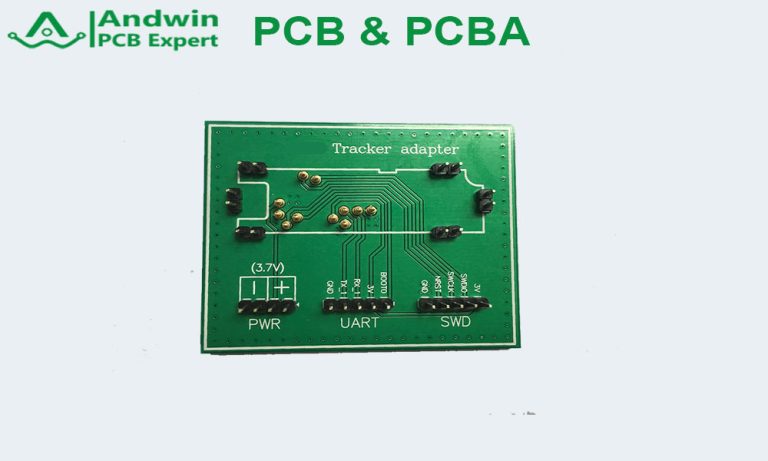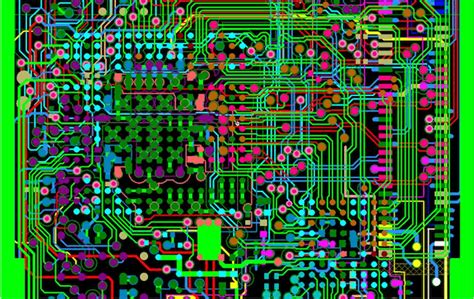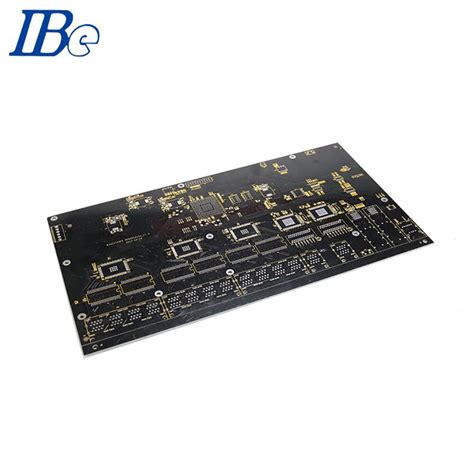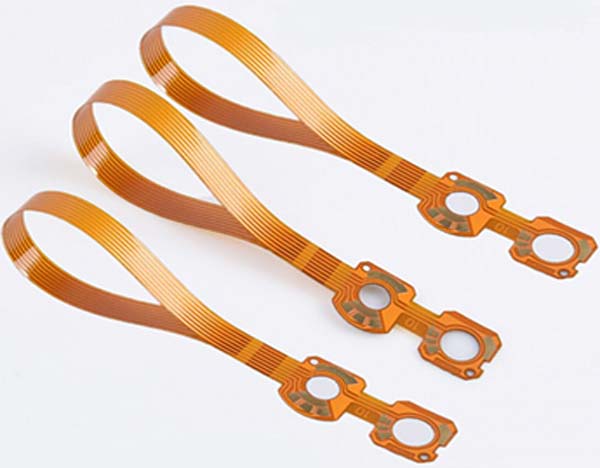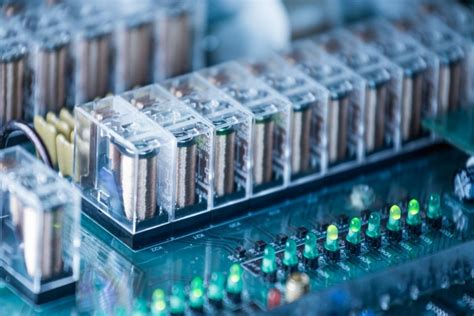Development and Prospects of PCB Manufacturing Companies
Introduction
In the design and manufacture of modern electronic products, printed circuit boards (PCBs) play a vital role as carriers of electronic components. Whether it is smartphones, computers, home appliances, or automotive electronics, PCBs are an indispensable component. With the continuous advancement of technology and the continuous expansion of market demand, PCB manufacturing companies are booming around the world. This article will explore the development history, technological progress, market status and future prospects of PCB manufacturing companies.
Development History of PCB Manufacturing Companies
1.Origin and Early Development of PCBs
The history of PCBs can be traced back to the early 20th century. Initially, electronic components were connected together in a point-to-point manner. With the development of electronic technology, this method gradually became cumbersome and unreliable. In 1936, German engineer Paul Eisler invented the printed circuit board, an innovation that greatly simplified the design and manufacturing process of electronic devices.
2.Evolution of PCB Manufacturing Technology
With the increase in demand for electronic products, PCB manufacturing technology is also evolving. From the initial single-sided board to the later double-sided board and multi-layer board, technological advances have made PCB design more complex and more versatile. In the 1980s, the emergence of surface mount technology (SMT) greatly improved the assembly efficiency of PCBs and promoted the miniaturization and high performance of electronic products.
3.The rise of the global PCB manufacturing industry
In the 21st century, with the acceleration of globalization, the PCB manufacturing industry has gradually concentrated in Asia. Countries and regions such as China, Taiwan, South Korea and Japan have rapidly emerged as important bases for global PCB manufacturing with their low labor costs and perfect industrial chains. Many internationally renowned electronic product manufacturers choose to outsource their production lines to PCB manufacturing companies in these regions to reduce production costs.

Technological progress of PCB manufacturing companies
1.Automation and intelligence
Modern PCB manufacturing companies have gradually introduced automation and intelligent technologies to improve production efficiency and product quality through robots, automated production lines and intelligent management systems. For example, automated placement machines can quickly and accurately mount electronic components on PCBs, reducing errors caused by manual operations.
2.High-frequency and high-density technology
With the development of emerging technologies such as 5G and the Internet of Things, the performance requirements for PCBs are getting higher and higher. High-frequency PCBs and high-density interconnect (HDI) PCBs came into being to meet the needs of high-speed signal transmission and high-density layout. The application of these technologies has brought higher challenges to PCB manufacturing companies in the design and production process.
3.Environmental protection and sustainable development
The increase in environmental awareness has prompted PCB manufacturing companies to pay more attention to environmental protection and sustainable development in the production process. Many companies have begun to adopt lead-free materials and environmentally friendly processes to reduce the impact on the environment. In addition, the technology for recycling and reusing PCB materials is also constantly developing, driving the industry to transform to green manufacturing.

Market status of PCB manufacturing companies
1.Market size and growth
According to data from market research institutions, the global PCB market size has continued to grow in the past few years and is expected to continue to grow in the next few years. Especially in the fields of consumer electronics, automotive electronics and industrial automation, the increasing demand for high-performance PCBs has brought huge market opportunities for PCB manufacturing companies.
2.Competitive landscape
Competition in the PCB manufacturing industry is becoming increasingly fierce, and a large number of manufacturing companies have emerged in the market. From large multinational companies to small professional manufacturers, various companies are vying for market share. In order to be invincible in the competition, many companies have begun to focus on technological innovation and product differentiation to enhance their core competitiveness.
3.Supply chain management
Supply chain management of PCB manufacturing companies is crucial. The procurement of raw materials, optimization of production processes, inventory management and other links directly affect the company’s production efficiency and cost control. In recent years, with the fluctuations in the global supply chain, many PCB manufacturing companies have begun to pay attention to the flexibility and stability of the supply chain to cope with the challenges brought by market changes.
Future prospects of PCB manufacturing companies
1.Application of emerging technologies
With the rapid development of emerging technologies such as artificial intelligence, Internet of Things, and 5G, PCB manufacturing companies are facing new opportunities and challenges. In the future, PCB will not only be the basic component of electronic products, but will also be deeply integrated with smart hardware to promote the development of smart manufacturing.
2.Diversification of market demand
With the upgrading of consumer electronic products and the emergence of emerging application scenarios, the market demand for PCBs will show a diversified trend. PCB manufacturing companies need to flexibly adjust their product structure according to changes in market demand and develop PCB solutions that adapt to different fields.
3.Balance between globalization and localization
Under the background of globalization, PCB manufacturing companies need to balance the relationship between global layout and localized production. On the one hand, globalization helps companies reduce costs and expand markets; on the other hand, localized production can improve response speed and reduce logistics costs. Therefore, finding a balance point suitable for their own development will be an important issue facing PCB manufacturing companies in the future.
Conclusion
PCB manufacturing companies play an irreplaceable role in the modern electronics industry. With the continuous advancement of technology and the diversification of market demand, the PCB manufacturing industry will usher in new development opportunities. Faced with fierce market competition, PCB manufacturing companies need to continue to innovate and enhance their core competitiveness to adapt to the rapidly changing market environment. In the future, PCB manufacturing companies will contribute to the realization of sustainable development while promoting the development of the electronics industry.


